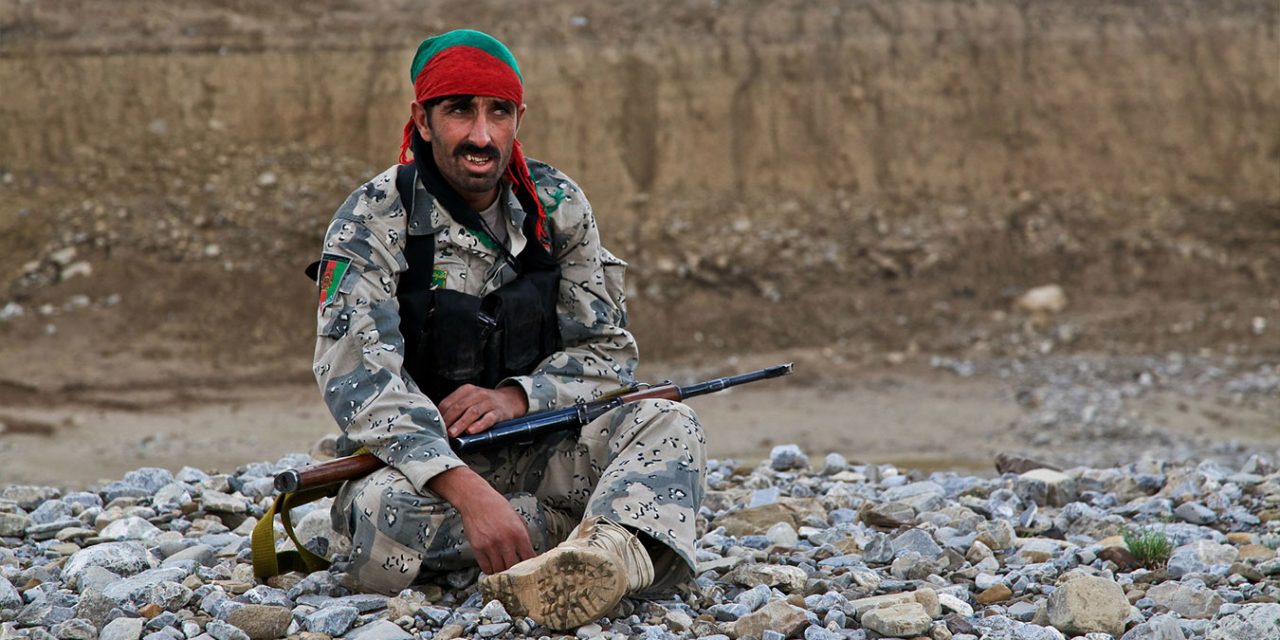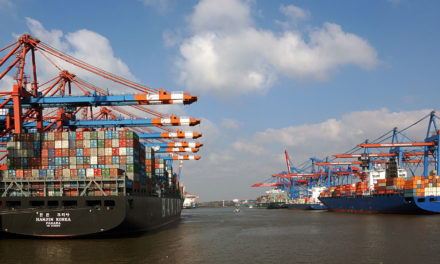Saudi Intervention Things only became worse in March 2015 when a Saudi Arabia-led intervention begun in hope of restoring the pro-Saudi Hadi Government. The intervention was led by a coalition of nine countries – Egypt, Morocco, Jordan, Sudan, United Arab Emirates, Qatar, Bahrain and Academi (an American private military company.) The intervention included a bombing campaign, naval blockade, deployment of ground forces in which civilian areas were targeted, contributing to what is recognised as the worst humanitarian crisis ever witnessed. A few months after the intervention, the United Nations declared Yemen a level three emergency, the highest UN emergency level. Reports found the naval blockade contributed to 78% of the population in need of food, water, and medical aid. It also triggered a large-scale famine that left thirteen million people starving, the worst cholera outbreak in modern history and the death of hundreds of children. In November 2018, UNICEF found that a child in Yemen dies every ten minutes due to preventable diseases. Both parties on either side have used food and aid as a means of tipping the scales politically throughout the four-year war, leading to 5.3 million people fleeing the country and approximately 100,000 killed.
Iranian Influence
Despite the government’s denial, reports of Iran’s influence in Yemen have been alleged for several years by more than a few nations, including Saudi Arabia and Yemen. A special report from the United Nations in 2015 found evidence that Iran has been supporting the Houthi movement, by shipping weapons and providing training, since at least 2009. Throughout President Saleh’s regime, the former ruler attested several times that the Iranian government was supporting the Houthi insurgency between 2004 and 2014. In October 2009, the government of Yemen claimed that its navy had intercepted an arms-carrying Iranian vessel. The country’s press even asserted that Houthi’s were training at an Iranian-run camp in Eritrea. However, with every new allegation, Iran has continued to deny its involvement.International Response
With a long list of human rights abuses happening in the country, from both sides, the international community remains silent on how they are also complicit. The UK Government have told Saudi Arabia to end the war against the Houthi’s but continue to sell weapons to them, prolonging the conflict. A court ruled recently that the sale of arms by Britain was considered unlawful. However, judges have only said that licenses should be reviewed not suspended. It’s not just Britain supporting the coalition, the United States and France have also allegedly sold munitions and other arms to Saudi Arabia and members of the coalition. The US has even provided other forms of tactical support to coalition forces, such as in-air refuelling and intelligence and logistical backing. Under President Trump’s tenure, a $110 billion arms deal was signed between the US and Saudi Arabia. However, following the murder of journalist Jamal Khashoggi, the US voted to end military assistance to the country. The United Nations have also been complicit. Every year, the Saudi-coalition has managed to evade a UN list of governments and armed groups that have committed serious abuses against children throughout the war. Throughout the war, the coalition has been responsible for airstrikes that have killed numerous children on several occasions, with the worst being when a school-bus was hit, killing 29 children. In 2016, the then secretary-general of the UN included the coalition on the list but quickly removed it once Saudi Arabia threatened to cut funding to its agencies. However, Houthi rebels and other political groups have been included on the list. In 2017, Guterres, the current secretary-general created a new category to include the coalition, however, it was clearly a means of including them without fully holding them accountable. After four years of violence, it seems as though alternative routes to resolving the conflict can and should be tested. Instead, Saudi continues to lead the assault on a country with little to no means left to support its population. As rebels, government forces and the Saudi-coalition wreak havoc on the country, innocent civilians will continue to bear the brunt of the suffering.]]>- What’s Happening in Yemen? - 28th June 2019
- World Facing ‘Climate Apartheid’ According to UN Expert - 25th June 2019
- Enabling Women - 4th January 2019






